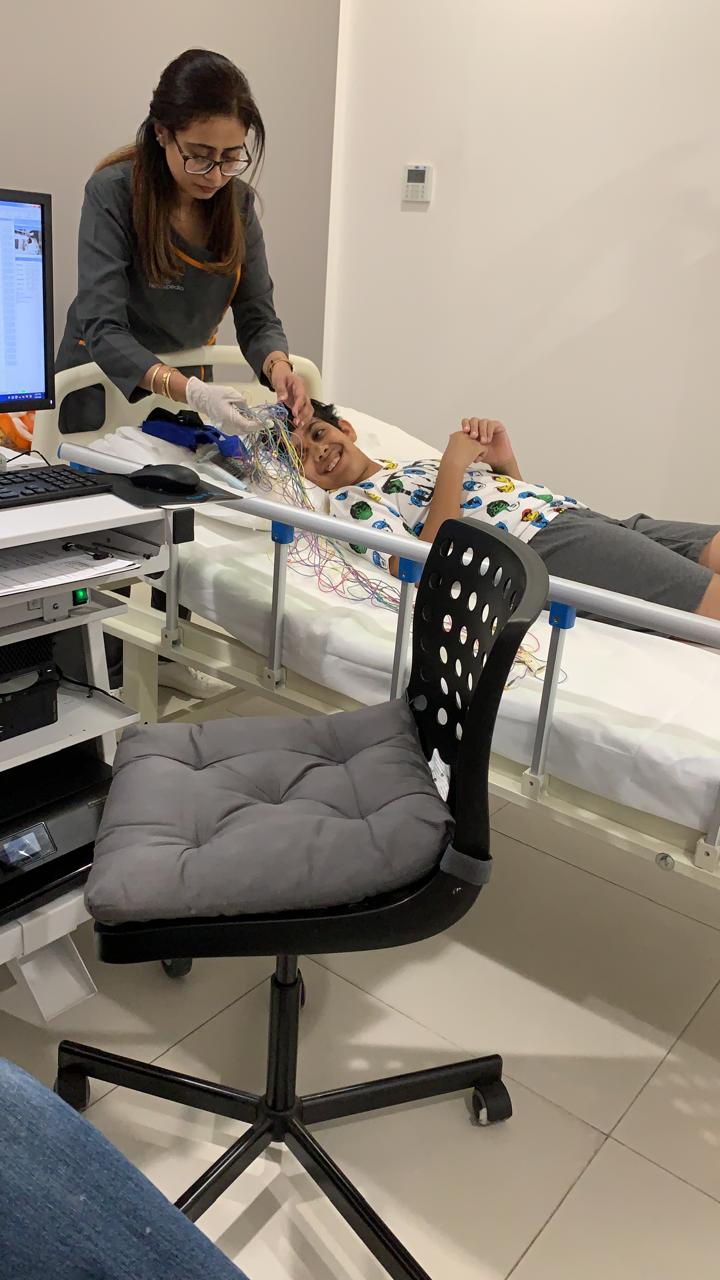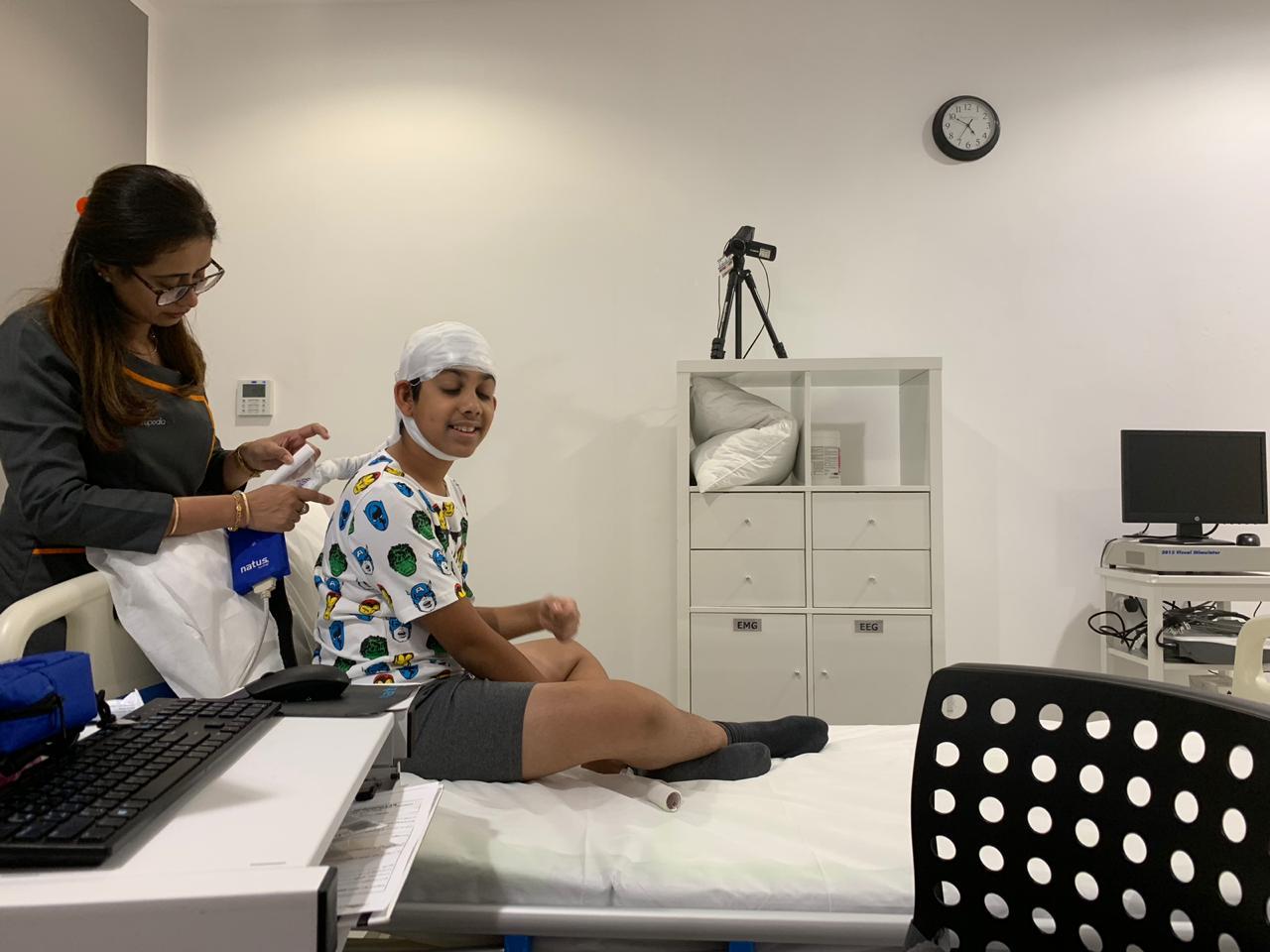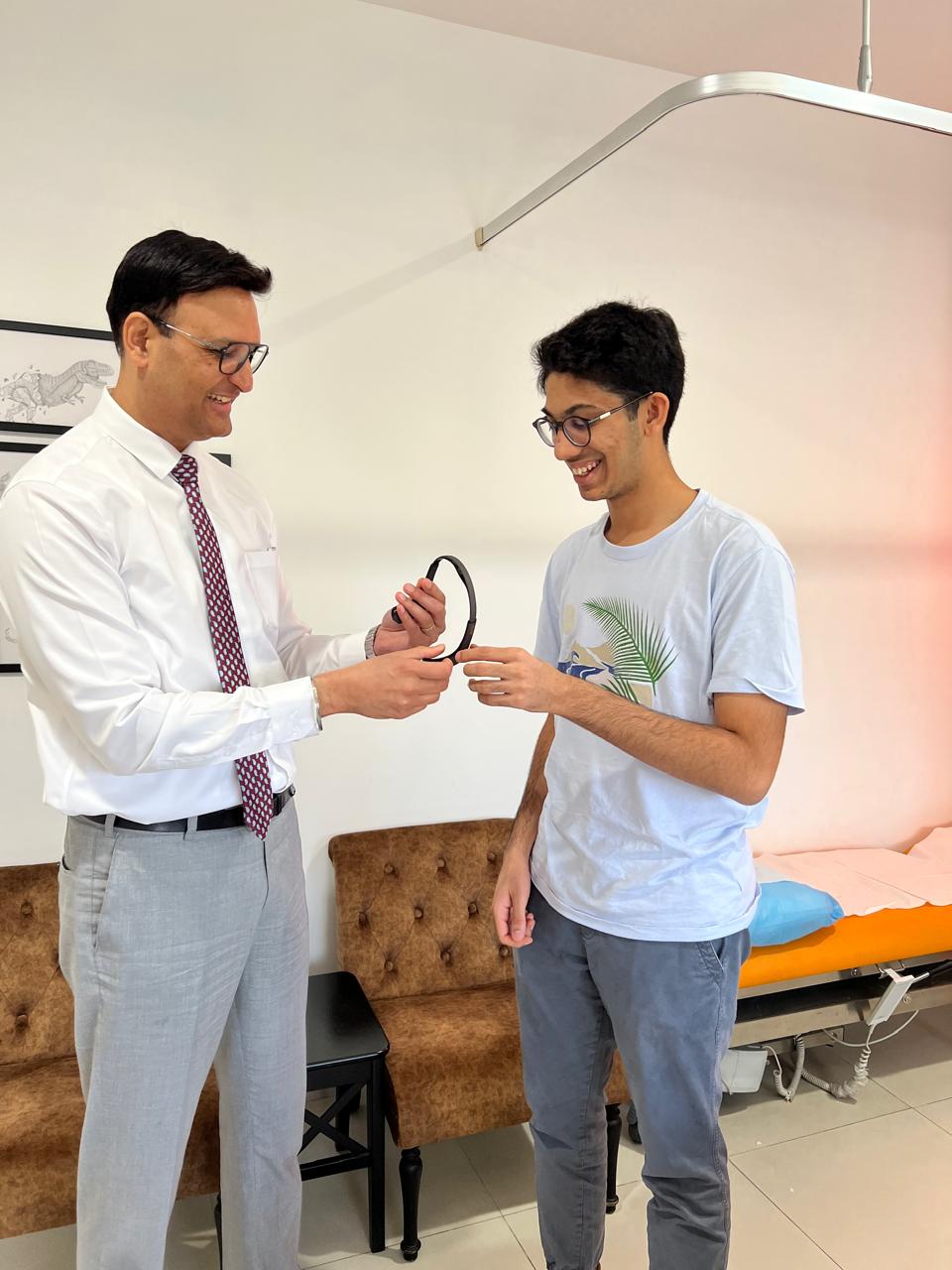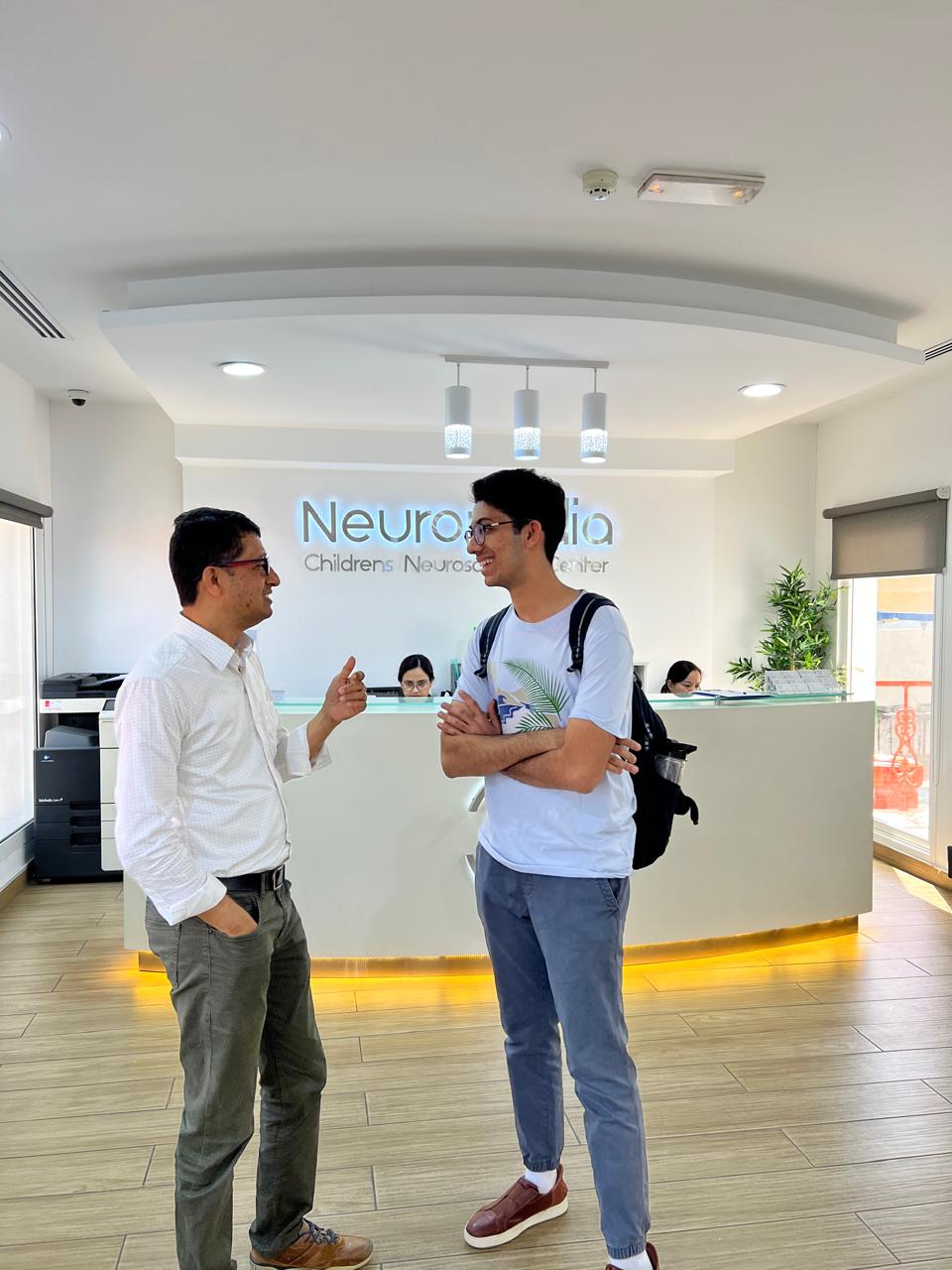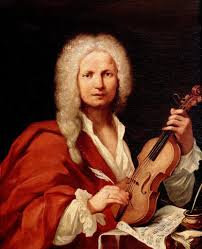EpiMuse
A machine-learning system for customized music therapy for epileptic patients
The Problem
People worldwide are affected by epilepsy
Of epileptic patients are resistant to anti-seizure drugs
Of epileptic patients live in low- and middle-income countries
Understanding the Science
Epilepsy is a chronic disease of the brain which affects roughly 50 million people worldwide, 80% of whom live in low- and middle-income countries. In cases where patients of epilepsy either cannot afford proper treatment or do not respond to anti-epileptic drugs – or in cases consisting of a combination of both – alternative epilepsy treatments systems can be pursued. One such method is the use of classical music as a form of epilepsy therapy.
Brainwaves can be altered by various external stimuli, such as auditory stimuli and music. Indeed, the ‘Mozart Effect’, first coined in the paper titled ‘Music and Spatial Task Performance’ by Rauscher et al., describes how listening to Mozart's Sonata for Two Pianos in D Major, K.448 improved the short-term spatial reasoning skills of college students. The study subsequently sparked significant amounts of further research and public interest, leading to the popularization of the idea that listening to Mozart’s music can enhance cognitive functions. In recent years, Quon et al. investigated the effect of Mozart’s music on the brain activity of epileptic patients; the conclusion was that Mozart’s Sonata K.448 can be used as a ‘non-invasive, non-pharmalogical intervention’ for patients of refractory epilepsy, due to reduced intracranial interictal epileptiform discharges (IEDs) and increased frontal theta power in the subjects tested.
Whilst there has been extensive research on investigating and validating the ‘Mozart Effect’, few studies have focused on using the ‘Mozart Effect’ to design music therapy for patients of brain disorders. EpiMuse offers a unique solution which leverages machine-learning and brain-computer-interface tools to offer a novel system of “customized music therapy for epileptic patients”, specifically for patients of refractory epilepsy and/or patients unable to afford common treatments.

About the Composer
Wolfgang Amadeus Mozart (1756-1791) was one of the most prolific composers during the classical period. He composed over 600 works, with repetoire including symphonic, chamber, operatic, and choral music. Several studies have shown that listening to Mozart’s Sonata for Two Pianos in D, K. 448 has significantly reduced epileptiform activity in the brain of epileptic patients.
How EpiMuse Works
EpiMuse leverages the power of classical music as a form of alternative treatment for epileptic patients. EpiMuse analyzes the brainwaves of users using the Muse 2 Headband as they listen to one of the 150+ classical pieces on the EpiMuse system. Afterwards, if the piece is determined to induce a calming effect in the listener, machine-learning algorithms are used to suggest similar pieces that may cause a similar calming effect in the listener, allowing a customized music therapy playlist to be produced.
Listening
The user listens to a selected piece of music whilst wearing the Muse 2 headset. EpiMuse has a collection of 200+ pieces of classical music.
Analysis
The EEG data showing the brainwaves of the user are recorded by the Muse 2 headset and analyzed to determine if the piece had a calming effect on the user.
Recommendations
Machine learning algorithms are used to identify similar pieces of music that could induce a calming effect in the user, allowing a personalized music therapy playlist to be created.
EpiMuse Demo
Watch a demo video of the EpiMuse system.
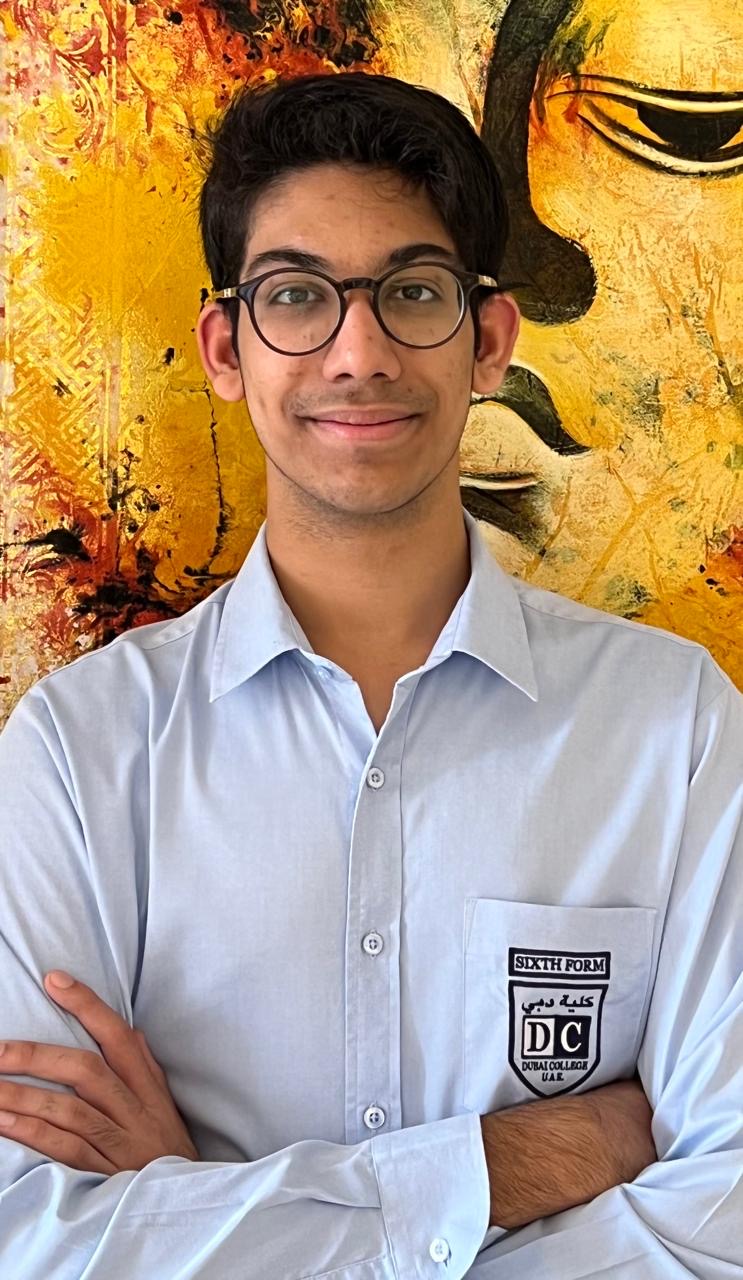
About
EpiMuse was founded in 2024 by Aarush Vir Banerjee Kharbanda, a Year 12 student at Dubai College. As a patient of epilepsy, Aarush found refuge in classical music, inspiring him to pursue research in the field of music therapy for epileptic patients.
Aarush teamed up with his doctor Dr. Aman P.S. Sohal to conduct research on the effect of Mozart's music on youth epileptic patients at Neuropedia, Dubai's leading pediatric Neuroscience Center. The ongoing project is the first study to focus on music therapy for juvenile epileptic patients in the UAE. Interacting with patients in the clinic during the research process led Aarush to the idea behind EpiMuse - developing customized music therapy for epileptic patients.
Aarush is an avid musician. He plays the piano, drums, and the marimba and performs in several school music ensembles. Aarush is also a percussionist for the UAE National Youth Orchestra (NYO) and is a recipient of the prestigious 'Percussion Award' at the Young Musician of the Gulf 2024 competition. Aarush plans to major in engineering and minor in music at university.
Aarush's Story
Aarush was diagnosed with epilepsy at the age of nine.
What followed was a period of emotional upheavel, physical fatigue, and medical uncertainty. Beyond the medical challenges, Aarush also struggled with bulllying as a result of his epilepsy. Despite his medical, physical, and emotional challenges, Aarush embraced music as his outlet to reduce stress and express himself.
In 2024, Aarush teamed up with his doctor, Dr. Aman Sohal, at Neuropedia, UAE's leading pediatric neuroscience center, to launch a research project to investigate the effect of Mozart's music on the EEG results of juvenile epileptic patients.
Soon after, Aarush began developing EpiMuse, a customized music therapy web app for epileptic patients that builds on the research Aarush conducted at Neuropedia. One of the main focuses of EpiMuse is to provide ultra low-cost music therapy that is accessible to all, considering that 70% of epileptic patients live in low- and middle-income countries.
